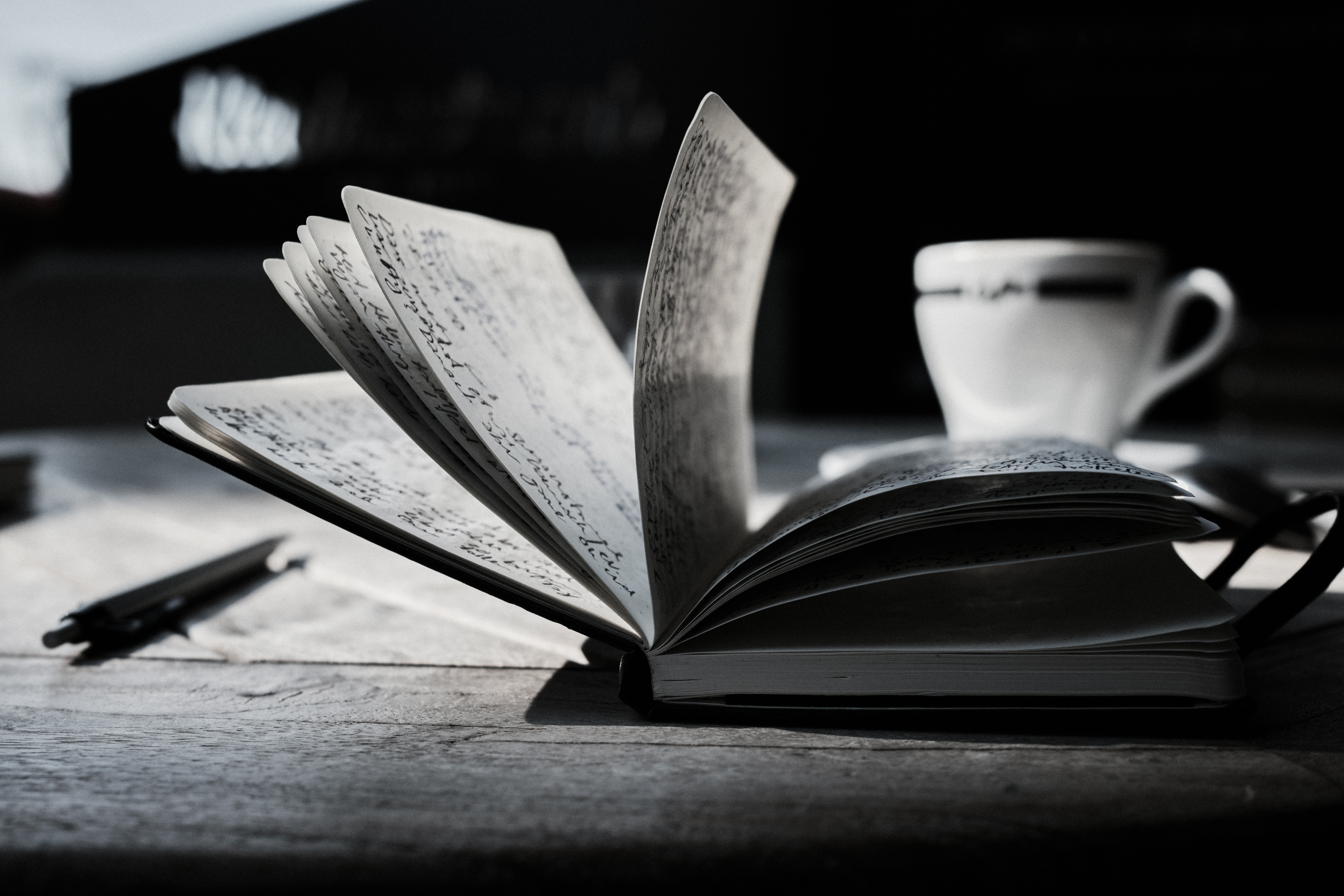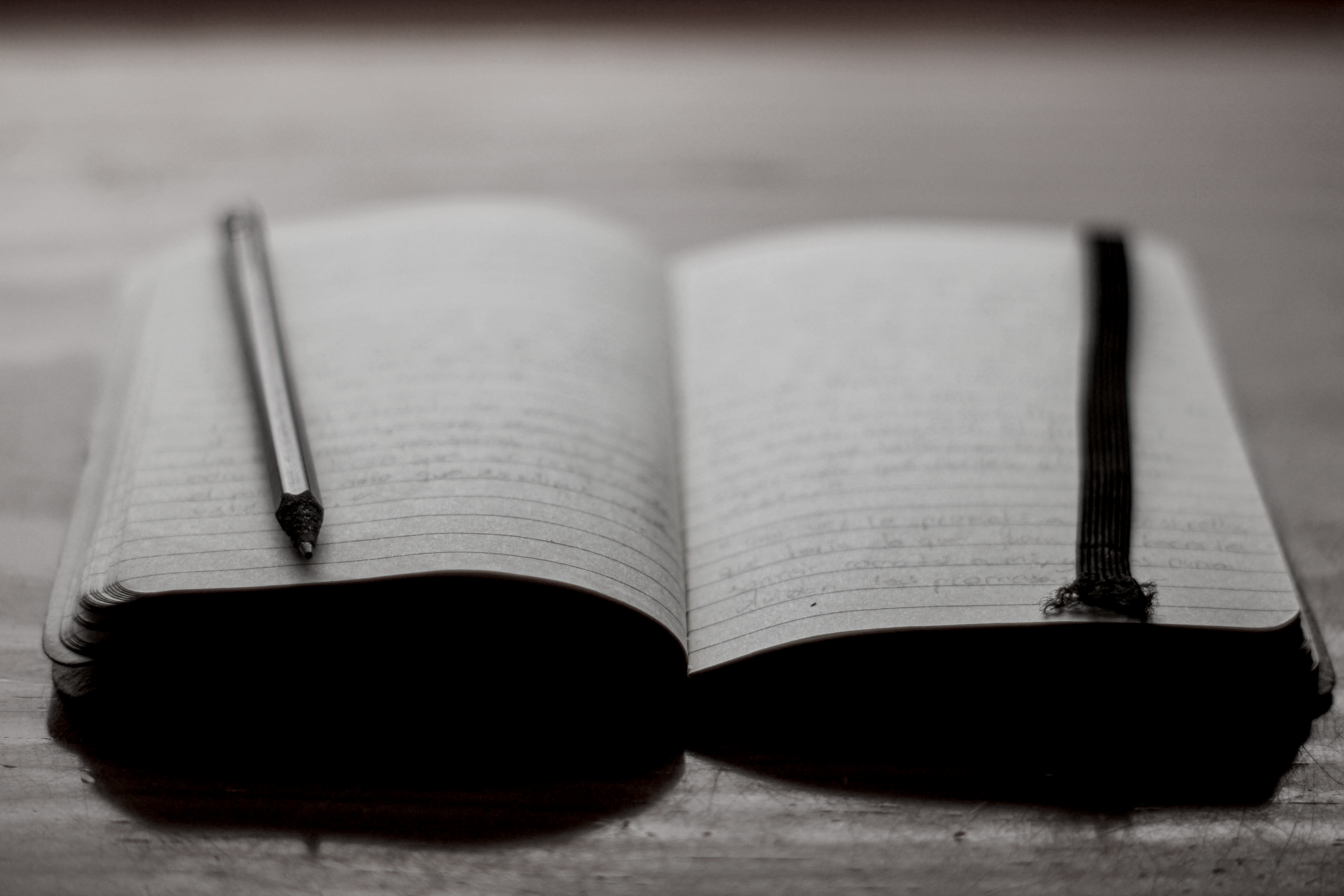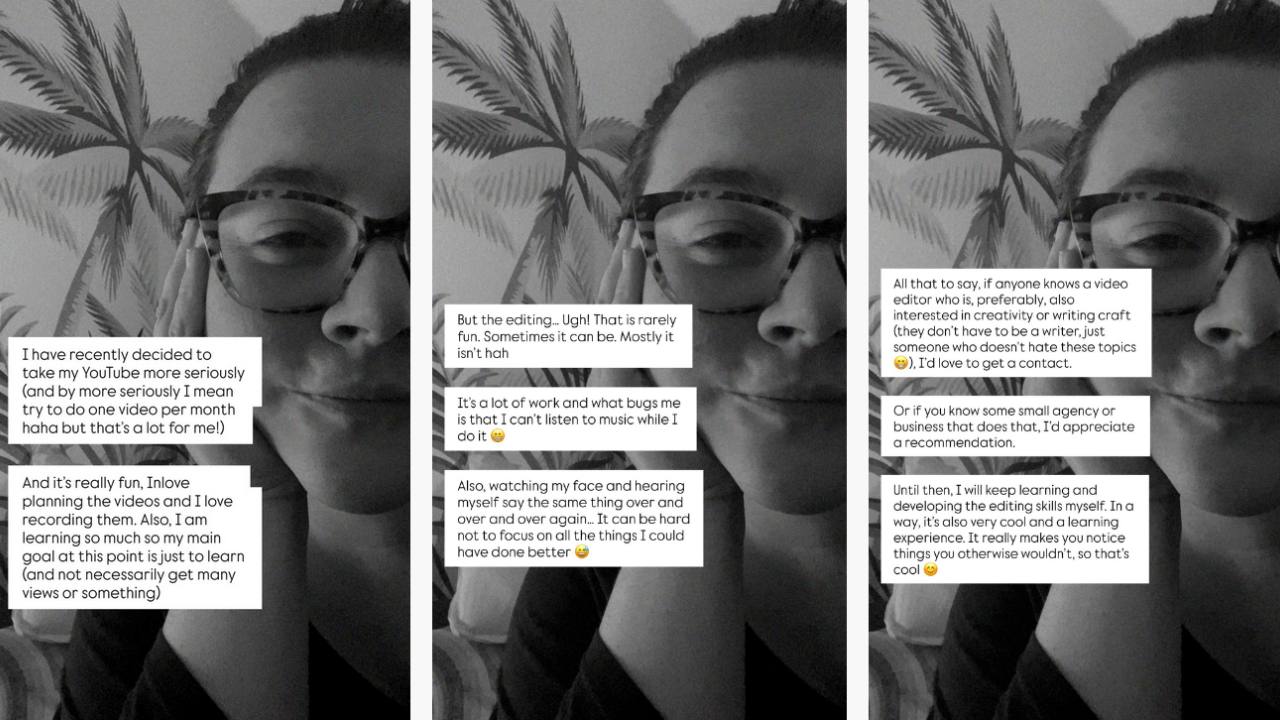When those doubts get loud, keep writing

There are many different ways to deal with our internal resistance to writing. Today, I want to talk about one of them that has worked for me very well.
When you are writing and those doubtful voices in your mind get loud, keep writing.
I'm not talking about ignoring them or trying to push through them, but quite the opposite. Write them out.
Include them in whatever you are writing. And then edit them out later.
Allow me to explain.
How writing can help overcome writing blocks
(who would have thunk)
Like many writers, I used to get paralysed by self-doubt and those voices in my head that we are all familiar with when writing. When they got to me, I stopped writing. It happened a lot.
The problem is, every time I gave in, it gave them more ammunition for next time.
At some point, I started to learn - really learn experientially, not just intellectually - that the only way out is through. I started doing something as an experiment and the results were amazing.
So what is it?
It was just what I said: realizing that the only way out is through.
I want to write. Voices try to stop me and tell me how stupid this is. I keep writing - I write them out.
You see, when you are drafting - I know this will be a huge surprise to many of you - you can write literally anything. Yes, that means you can make mistakes, repeat yourself, write about dragons or any weird creatures you can think of, you can write ten pages about a door if you want. And it also includes any weird self-deprecating resistance-fueled thoughts that run through your mind.
Meaning, you totally can write like this:
Andrea walked into the kitchen to make herself some coffee. Oh my god what am I doing, I can't write, this is all shite. My 4th grade teacher was right, I have no talent, I should have just been a lawyer. She noticed something on the counter. A mysterious box, wrapped neatly in pretty paper with a bow on top. It was so perfect, something felt off about it. As she approached it, she heard a soft buzzing sound coming from the box. I'm a little hungry now. I've written like 200 words so far, that's enough for a day, right? I could take a break. Or let's just keep going for a while.
And so on.
It may look awful, but it's much better to write like this than not to write at all.
Of course, you will delete your stream of thoughts once you revise your text. To make it easier on yourself, you can also put your own thoughts in new paragraphs, I like to separate them with dashes.
Just do whatever will make it easier for you to write right now.

This will change your relationship with writing itself
You will see, in the beginning, this may look like the text will be saturated with your inner thoughts. However, with time, something magical happens and your brain just gets used to writing.
You start to see writing not as this grandiose thing that you do to prove yourself or to write some smart intellectual things or even to be a poet or whatever.
Writing just becomes your second nature. The substitute of thinking.
And once the act of writing itself doesn't carry so much weight (about proving how talented you are or how smart you are or how cool you are), the resistance will soften and you will naturally start writing more of the actual story and fewer of your doubts.
But all in all, it doesn't matter, because as we've said, you can write anything in your draft, including weird ramblings and thoughts and doubts and ideas and notes.
Give it a try
If this sounds like something that might help you, give it a try, treat it as an experiment, and report back to me how it goes.
I suspect this might work great for some people, and be completely useless for some others, as most things are.
Have a great writing week and I'll see you next time,
Katja
Thank you for being here.
If you're a writer who'd love some personalised support with your project, check out my 1:1 offerings.
If you want to dive into the craft of compelling plot twists, I invite you to check out the Plot Twist Magic workshop.
And if you'd like to join me in deep dives into various aspects of the writing craft, join me on YouTube.
See you next week!





Responses